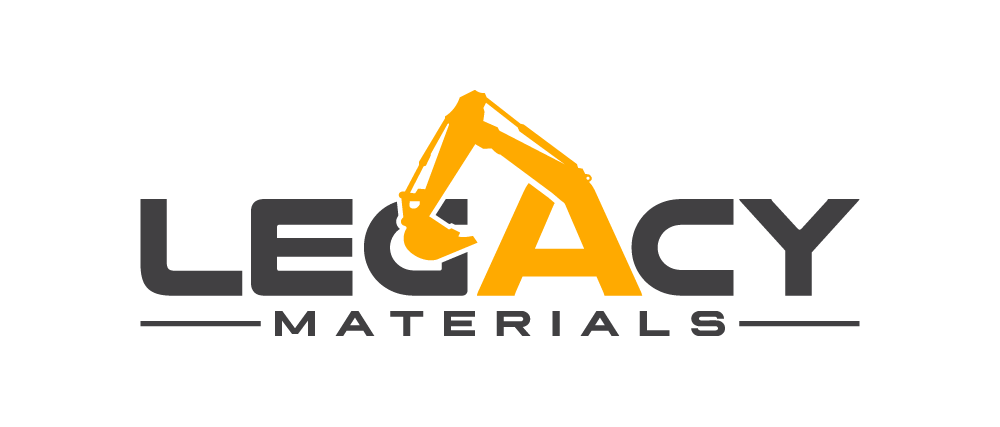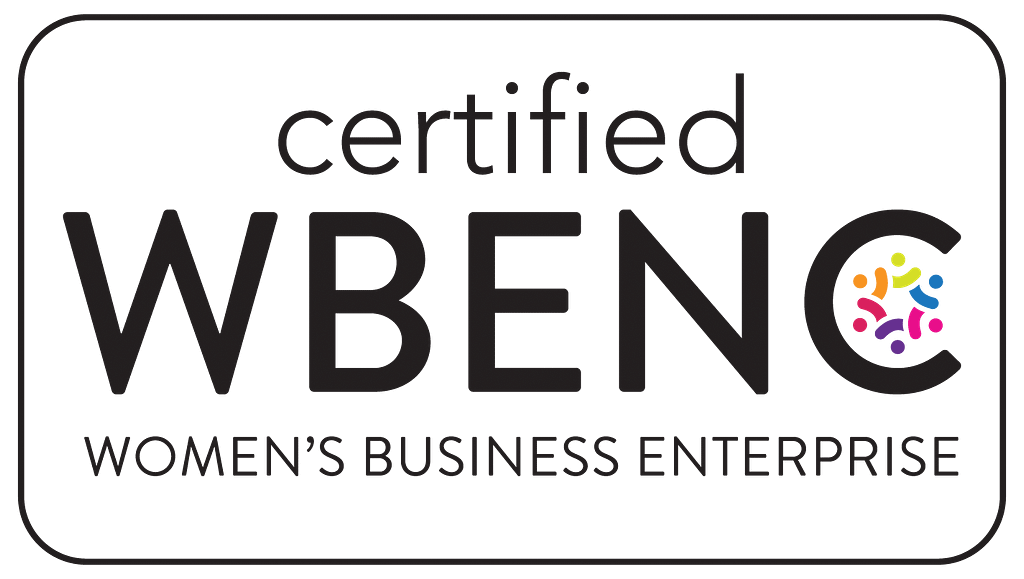Are you ready for winter? Why ice control sand is the best de-icer

Every winter, deicing roads helps reduce road accidents by 87%. [1] This makes deicing one of the country’s most important road safety measures since World War II. While there is no debate on the effects of de-icing, selecting suitable materials may be more challenging. There are four major categories of deicing materials – Sand, Salt, Chemical, and Hybrid.
Each deicing material has its advantages and disadvantages. The suitable material also depends on the application area, ambient conditions, and the cost benefits of the material. Sand is the oldest deicing mineral that has been in use since the 1930s, while rock salt is a preferred material in some states. Chemical deicers can come in handy in an extreme cold. Let us discuss the pros and cons of all these materials in detail.
The Age-old Question – Sand or Salt
While the topic says sand or salt, we will also study the pros and cons of a few other materials in this article.
Advantages and Disadvantages of Sand
Deicing with sand works through friction. Grains of sand also congeal loose snow to make it less slippery. Sand has been the cheapest and oldest deicing material except for a few years in the 1990s when the price of salt nosedived. Another advantage of sand is that it is durable and lasts until removed by surface runoff after a storm or during snow removal. Sand is chemically inert and does not cause corrosion in rebar and structural steel used in highway infrastructure. It does not stop there. Sand can also be used in various temperatures and conditions with alternating sunshine.
If there is any downside when using sand in ice control, it is that washed-out sand clogs storm drainage networks. This is the only Achilles heel for an otherwise perfect deicing material.
Advantages and Disadvantages of Salt
Salt is the most common deicing material in the US. More than 20 million tons of salt worth about $1.5 billion is used yearly in de-icing applications across many states. [2] Depending on the local conditions, different states use rock salt in different dispersion ratios. Hence the consumption is non-uniform and sometimes disproportionate to the size of the state or length of roads.
The advantage of using rock salt is two-fold. The physics is that rock salt is made of relatively larger crystals than table salt and hence has better friction. The thermodynamics is that salt reduces ice’s melting point and turns all ice into water at temperatures above 16 degrees Fahrenheit (or -9 degrees Celsius). Salt is not cheaper than sand, but it is an economical option. Salt also dissolves in the water from ice or storms and washes away in a few days without clogging storm drains.
There are a few downsides too. Salt alters the soil quality, making vegetation decay. This makes salt a less preferred option for walkways, driveways, and other areas near decorative plants or lawns. Salt also alters the water table’s pH value and reduces water sources’ quality in the long run. But the single most significant disadvantage of using rock salt in deicing is the corrosion it causes. Transportation infrastructure like bridges and culverts have either structural steel or rebar in RCC. Salt is corrosive and degrades the steel in these structures, making them lose their structural integrity over time. The annual cost of corrosion from deicing salt is estimated to be about $5 billion – almost three times the cost of the salt required. [3, 5]
Advantages and Disadvantages of Sand + Salt Mix
The third type of deicing material is a mix of sand and salt in an 80:20 ratio. This brings the best of both worlds while minimizing the worst. The advantages and disadvantages are the same as discussed earlier for the respective materials. This mix is becoming the solution of choice for ice control on highways. The additional cost of mixing might make it a little more expensive than sand or rock. Arguably, the benefits can outweigh this increase in cost.
Advantages and Disadvantages of Chemical Deicers
Different state departments have experimented with deicers made from chemicals as an alternative to sand and rock. They avoid hurting the flora while keeping the storm drains free from clogging. One example is CMA (Calcium and Magnesium Acetate). This study discusses the merits and demerits of such material and how different states have conducted research that concluded that CMA is a good substitute for sand and rock salt for ice control in specific conditions. [4]
Why you should use Sand
There is, in fact, no one-size-fits-all approach when it comes to deicing. This much is evident from the above arguments in favor of and against the different materials. However, sand scores a lead ahead of other alternatives when it comes to ice control.
- It is cheap and easily available.
- It is efficient.
- It is environmentally safe to use.
- It lasts longer than salt and chemicals that run off easily.
- It works irrespective of the atmospheric temperature
Yes, it can cause clogging of storm drain networks, but timely removal can quickly help avoid this. This makes sand an ideal choice in the following conditions:
- When you cannot predict the temperature range
- When the rainwater and surface runoff does not directly flow into storm drains
- When you need to respond quickly to sudden icing or when the road runs through populated areas like cities, towns, and the countryside
What to Consider While Buying Deicing Sand
Sand is sand everywhere, right? Hmm, guess again. Ice control sand has to meet DoT specifications like sieve size, plasticity index, and shale content, among other parameters. Each state defines its specification, like this one from Colorado.
But the quality of the sand is not all that matters. Finding the right supplier is equally, if not more, important. A reliable supplier ensures continuous supply throughout the season while maintaining the quality criteria. Suppliers like Legacy Materials can help you reduce the cost of your ice control project. We are a WBENC-Certified Women’s Business Enterprise (WBE). This allows our customers to enjoy tax incentives provided by the government to our customers for supporting women entrepreneurs.
Final Thoughts
By now, you are well aware that sand is a good choice for deicing in most circumstances. Other materials have their merit, too, depending on the ambient conditions. But the versatility of the applications, cost, and availability make sand an excellent choice for ice control. At Legacy Materials, we help you procure the right kind of sand that meets stringent specifications while staying under budget in the process. In addition, our sand is Iowa DOT Certified sand. Give us a call at 515-432-7333 or visit our website to meet your needs for ice control materials.





